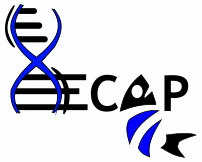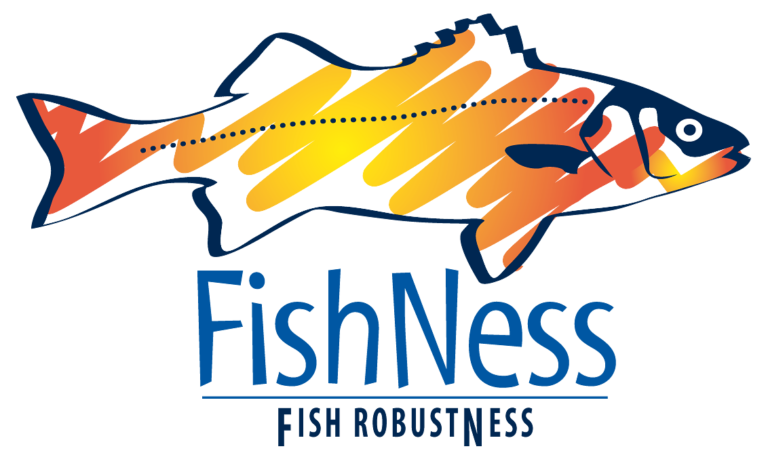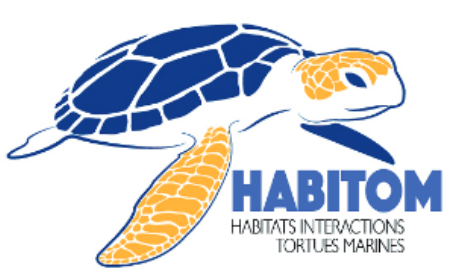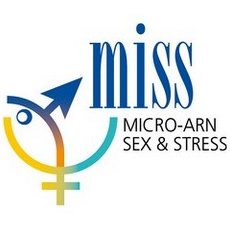Introduced either naturally or intentionally, invasive alien species (IAS) are a main driver of biodiversity loss; they can adapt better to their new environment than natives after a certain time and then begin to colonise it. Recent research has shown that rapid evolution, which enables these species to quickly adapt and not go extinct due to maladaptation, accounts for their increased invasive capacity. Funded by the Marie Skłodowska-Curie Actions programme, the MitoRescue project will extend the key outcomes of this research. Researchers will assume that mitochondria, being exquisitely sensitive to environmental stress and with a highly mutagenic DNA, are key organelles involved in rapid evolution. They will study how pollutants and increased temperatures affect an ancestral and an invasive population of the European green crab, an extremely prolific invader.
To study how pollutants and increased temperatures affect an ancestral and an invasive population of the European green crab, an extremely prolific invader.
















































